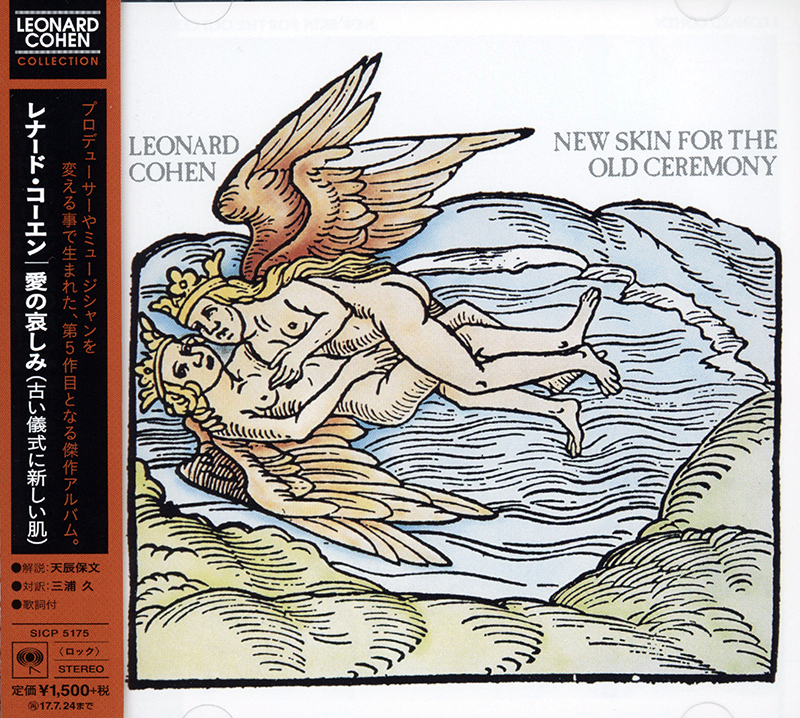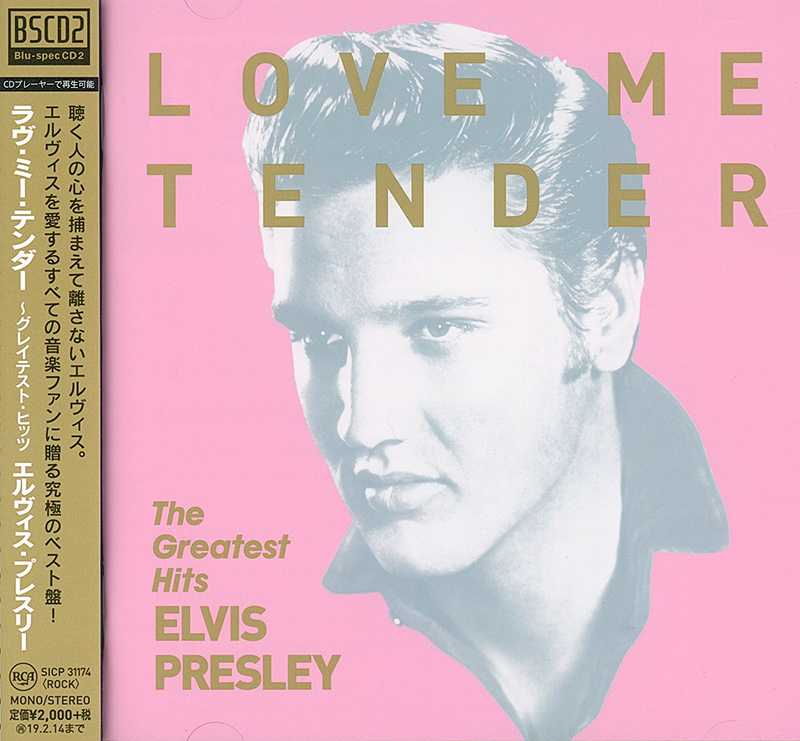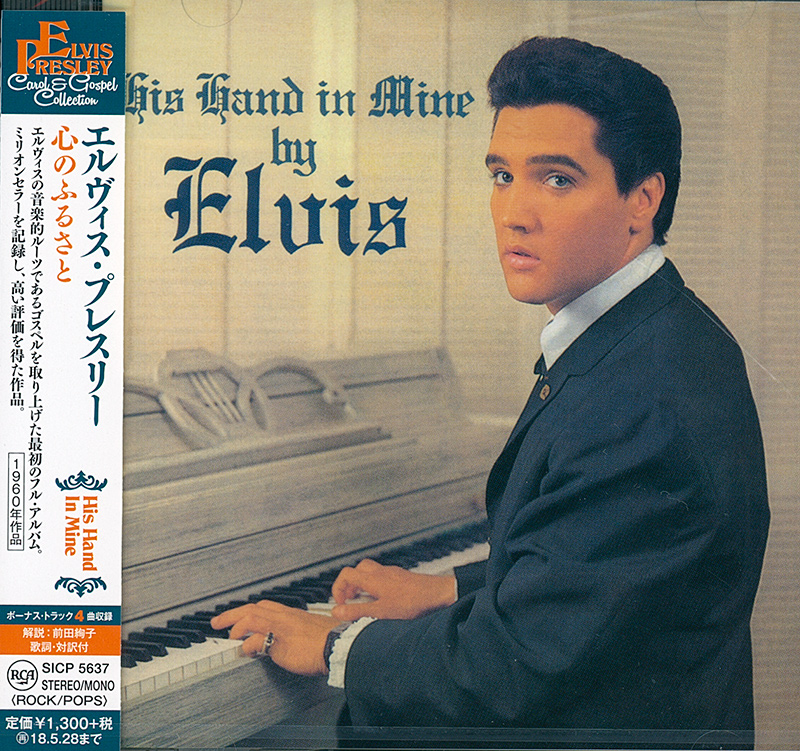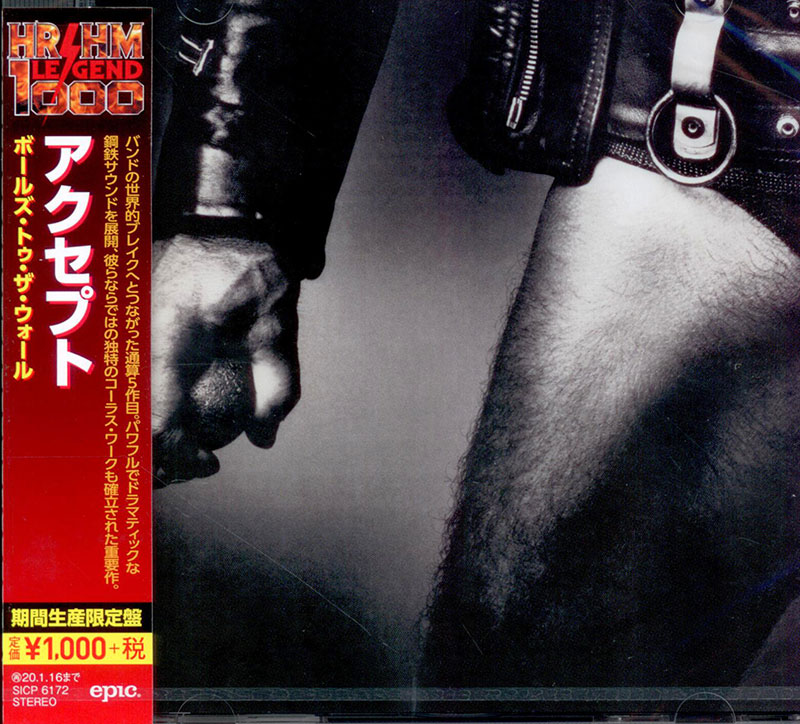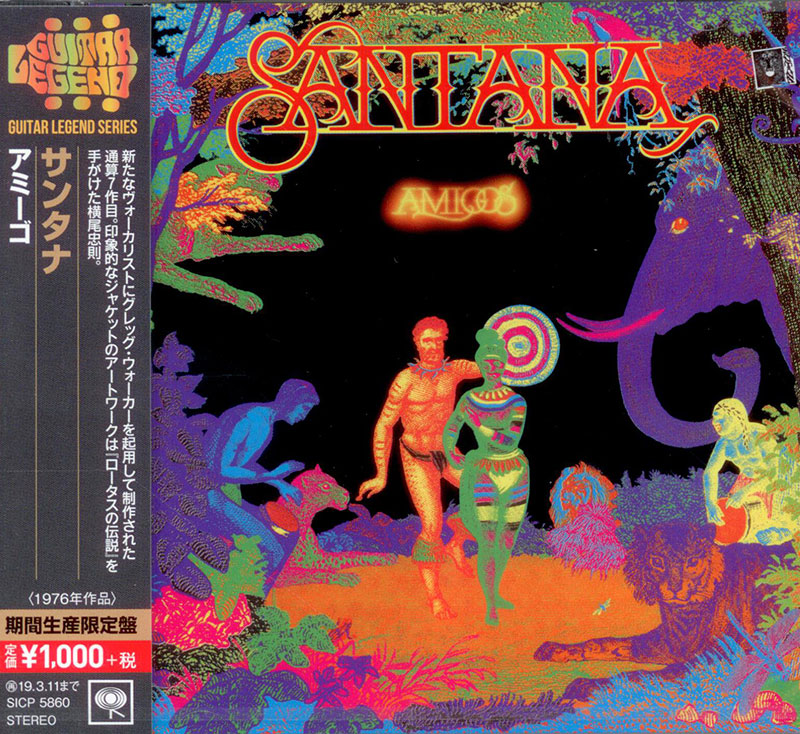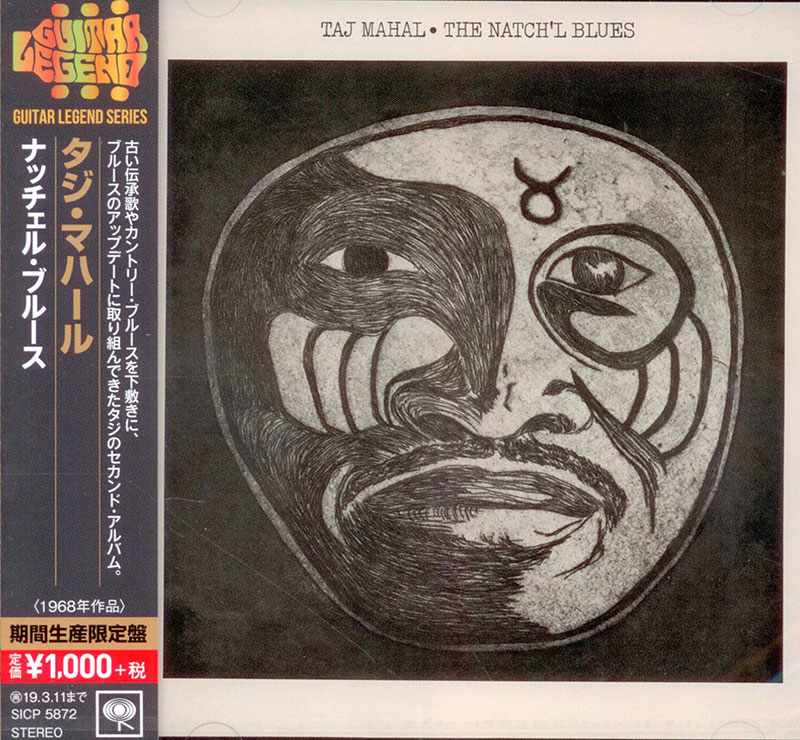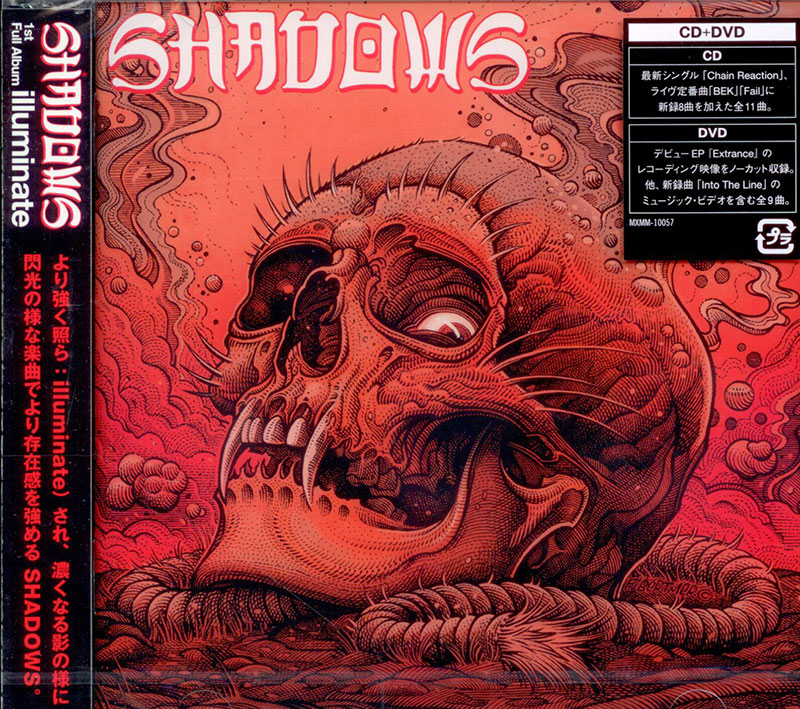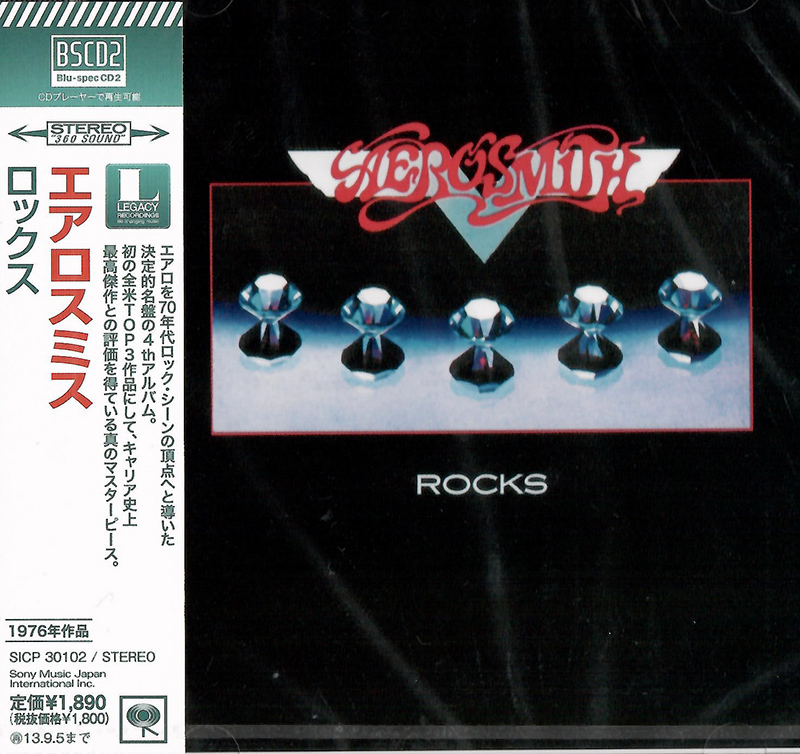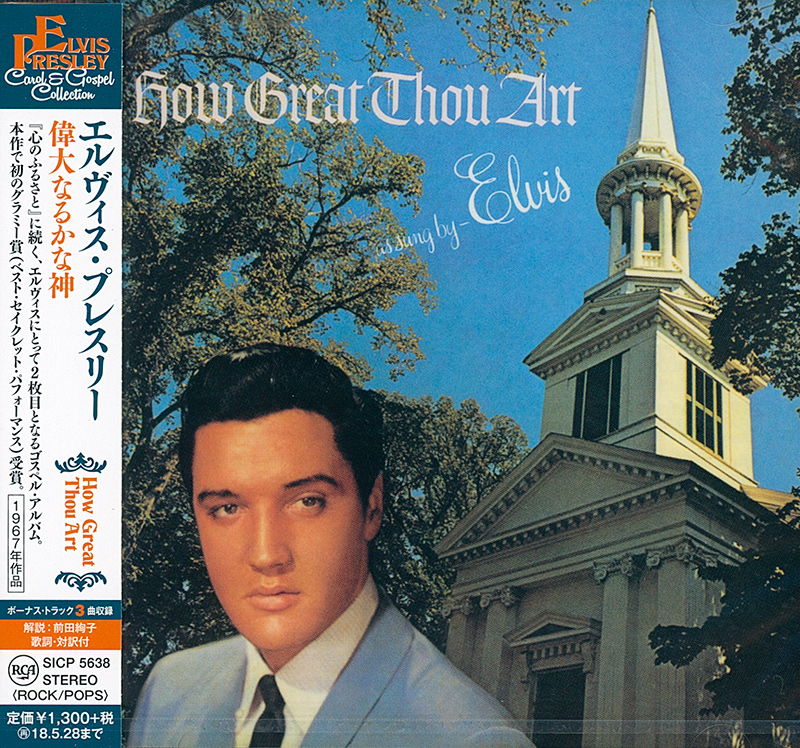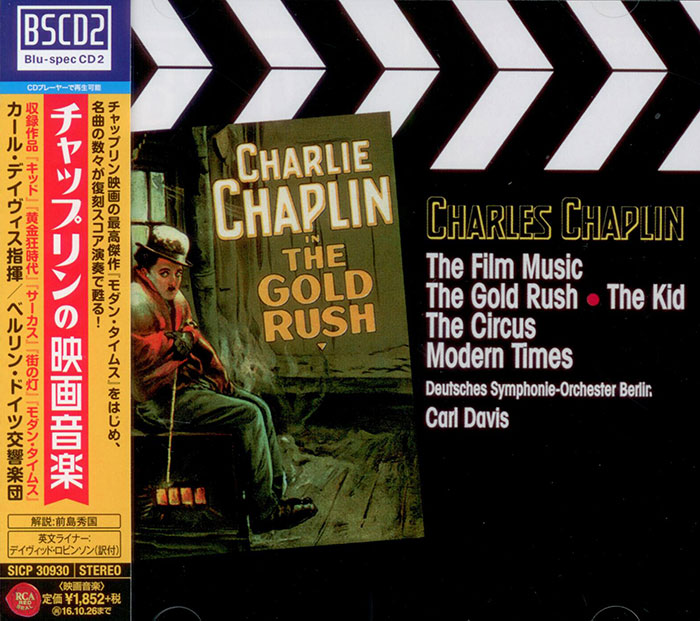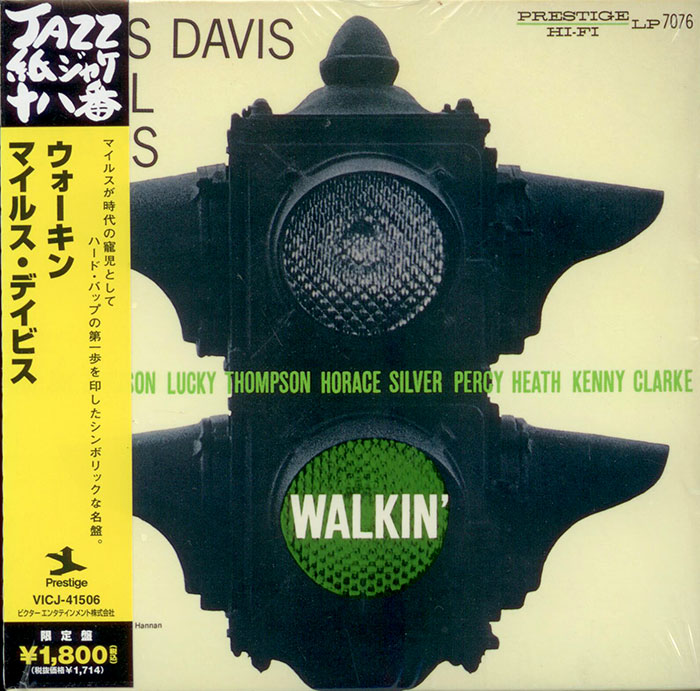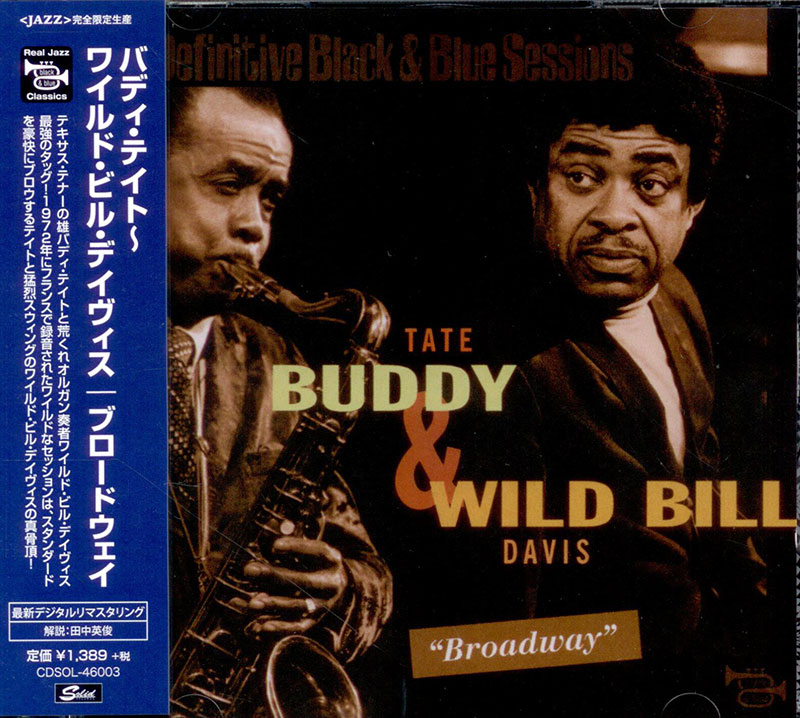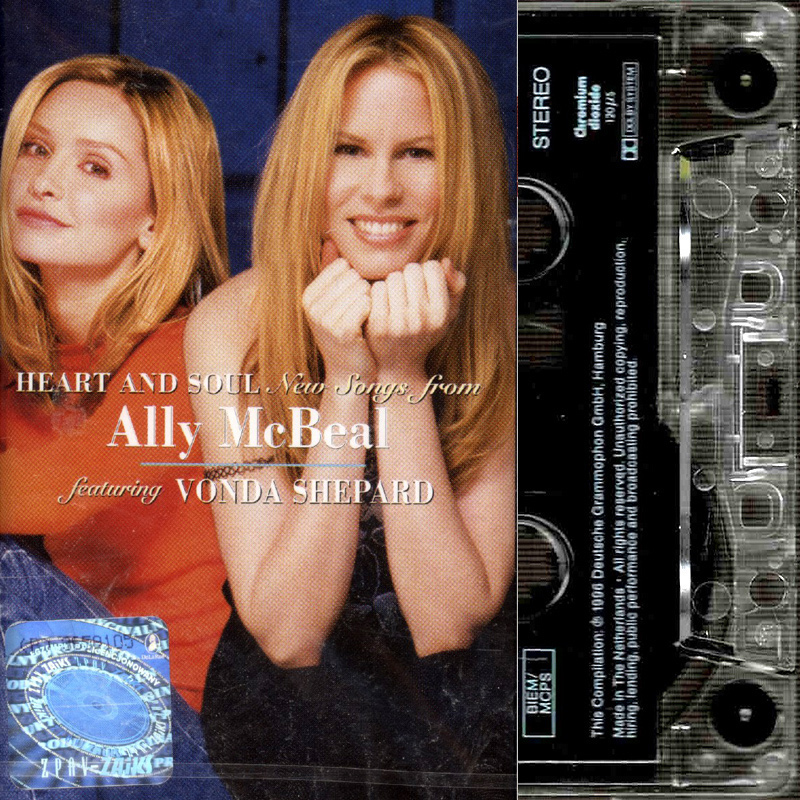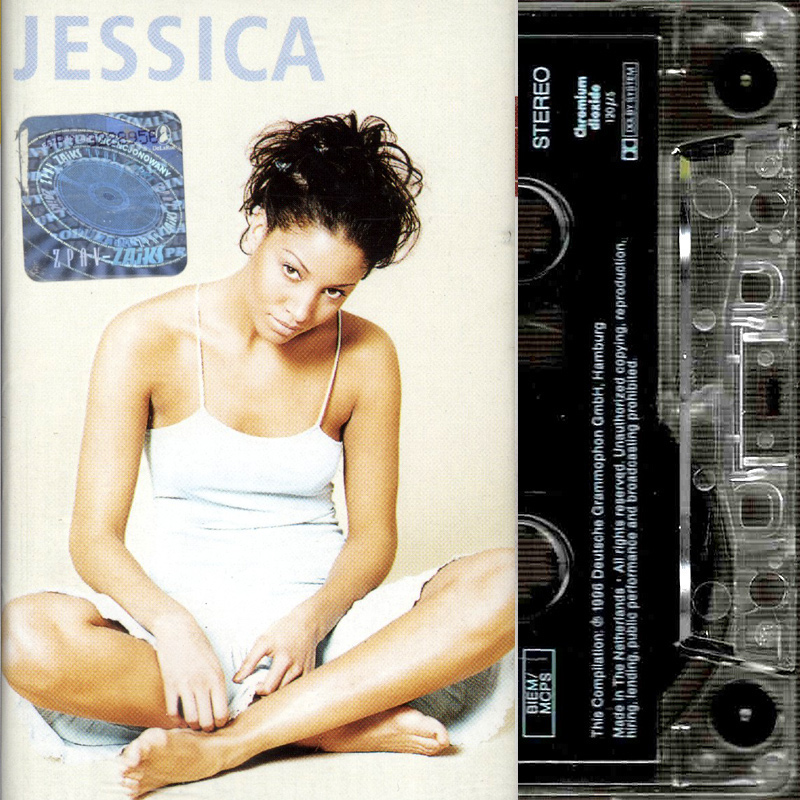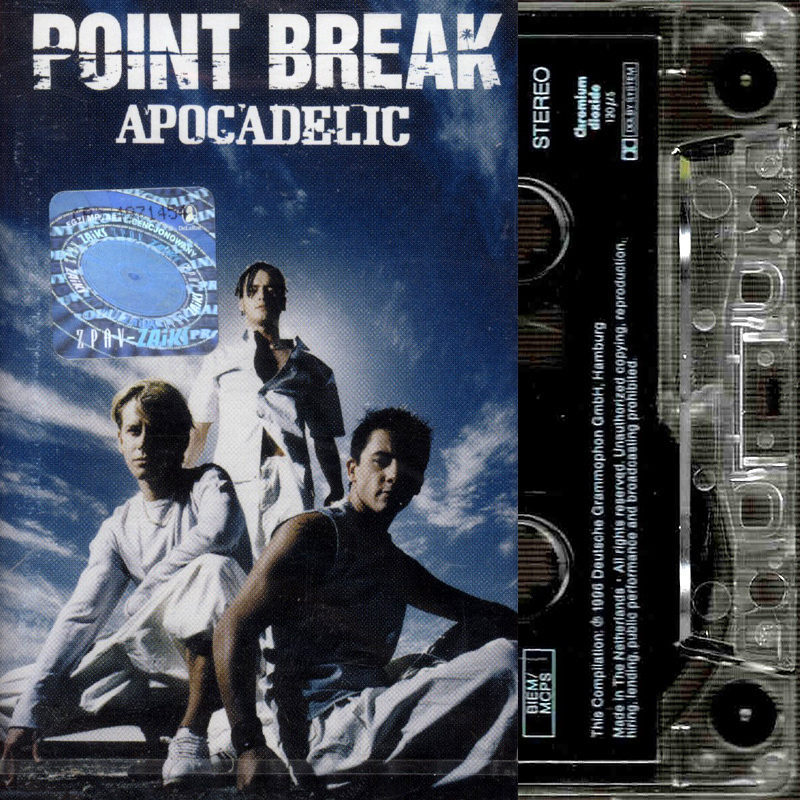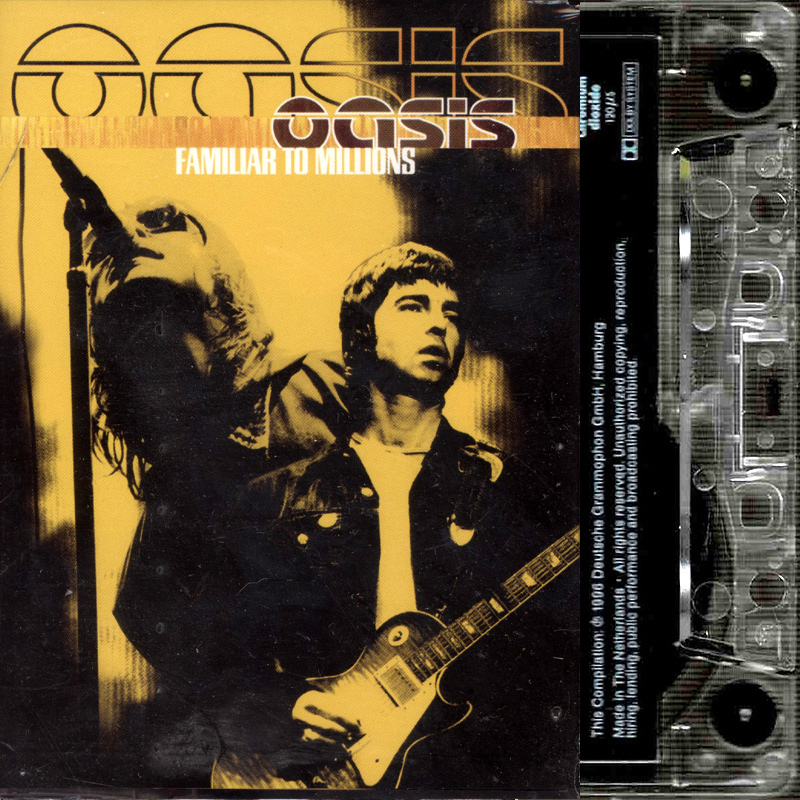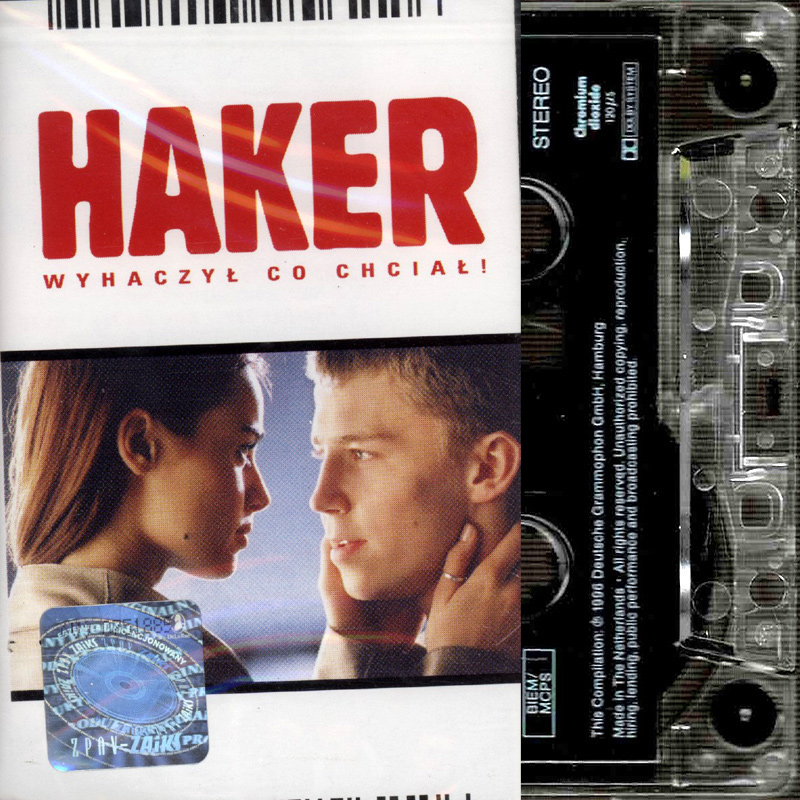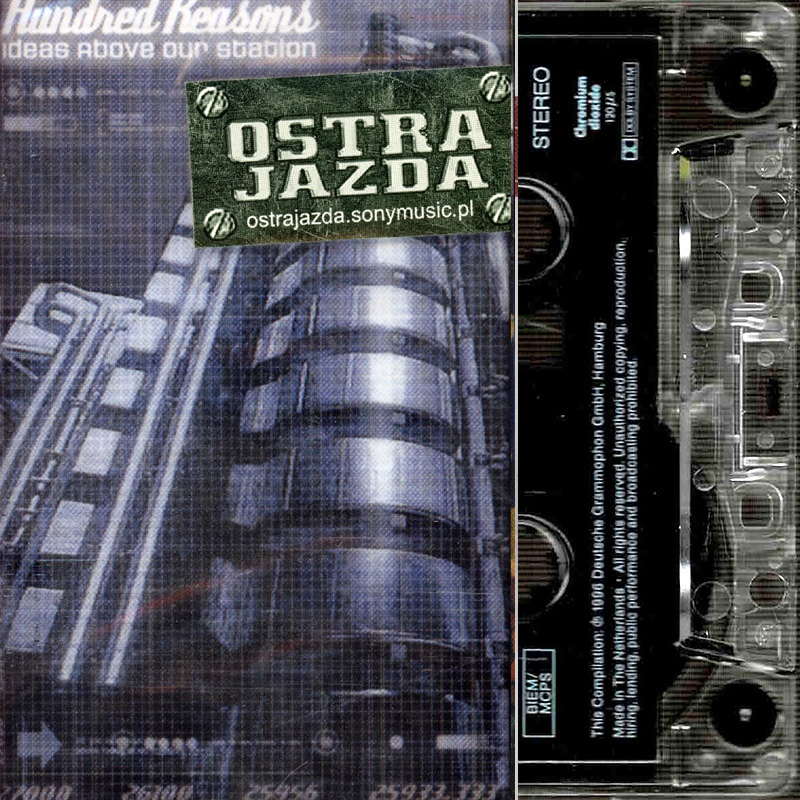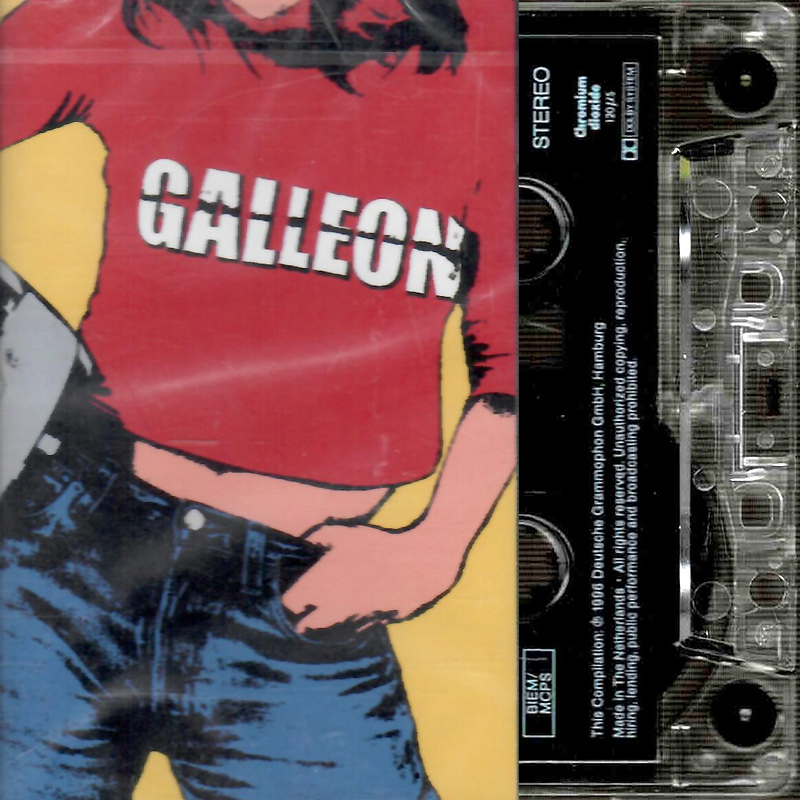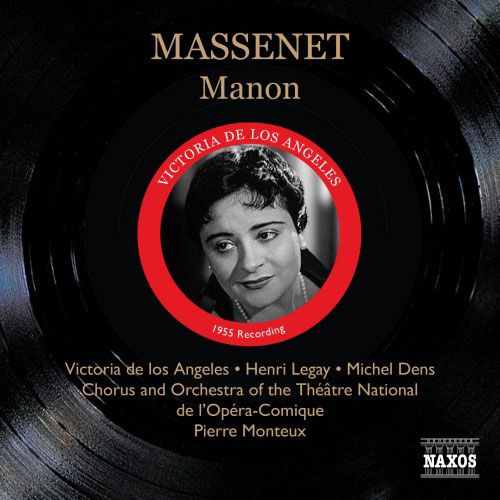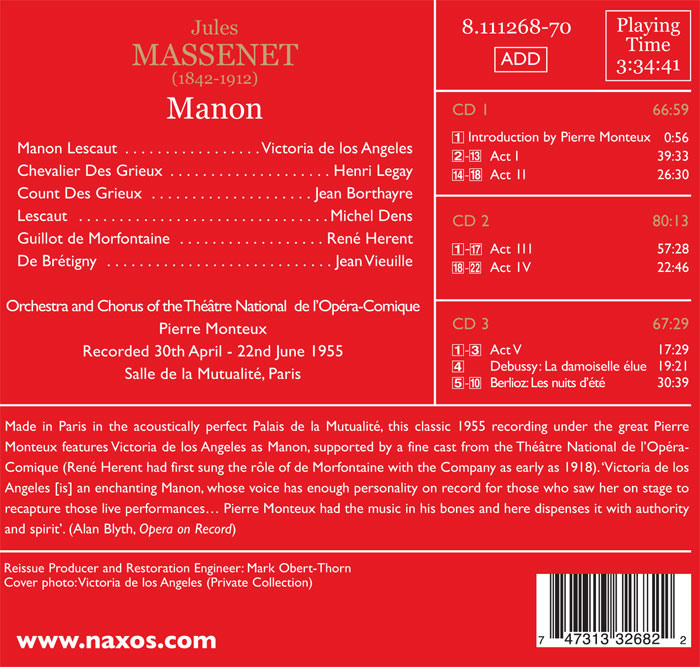Logowanie
Mikołaj - ten to ma gest!
Miles Davis, Horace Silver, Jay Jay Johnson, Percy Heath, Kenny Clarke, Lucky Thompson
Walkin'
20bit K2Super Coding - ale jak to brzmi!
Kasety magnetofonowe
Winylowy niezbędnik
ClearAudio
Double Matrix Professional - Sonic
najbardziej inteligentna i skuteczna pralka do płyt winylowych wszelkiego typu - całkowicie automatyczna
MASSENET, Victoria de los Angeles, Pierre Monteux
Manon
WYBITNE!
Ralph Moore MusicWeb International, March 2009 Much ink has been expended extolling the virtues of this recording, so I do not propose to go over old ground: it is as close to perfect as the technology and performing practice of the era would permit…de los Angeles is here at her peak, in her best rôle as the delectable tart-with-a-heart Manon. Her French is excellent, her affect perfect and her ability to caress Massenet’s sinuous melodies unparalleled. The plaintive, girlish quality of her tone, which I sometimes find sentimental, is here ideal. Her coloratura is more than serviceable and the top D in the Cours la Reine scene is pretty impressive, too, for a singer who never used it in a live performance. Henri Legay is the kind of French tenor whose last representative was the late Alain Vanzo. There is no reason, when he sings as elegantly as this, to regret his lack of heft—nor the fact that no less a tenor than Jussi Björling turned down the invitation to record Des Grieux. He is certainly passionate when required even if the outburts of the St Sulpice scene push him to his vocal limits. The tenderness of his conversations with Manon is entirely convincing; he is always the callow, slightly ineffectual romantic, out of his depth in Lescaut’s world of gambling, roistering and intrigue. There is an essential rightness about Monteux’s expert handling of the score—everything is perfectly paced, even if he does permit a small cut at the end of the first act, which allows the act to end with the lovers’ duet but obscures the sense of the plot. The French cast knows exactly how to inflect and time the quick-fire exchanges. The sharpness of their enunciation is a delight; what a pleasure it is to hear perfect French when so many more modern recordings of French operas are compromised by singers unable to encompass the subtleties of its pronunciation. The clean mono sound is oddly atmospheric; it is almost as if too lush or rich a stereo sound would rob the performance of its period charm—yet no detail is lost in Mark Obert-Thorn’s superbly engineered restoration…No libretto is provided but the synopsis is clear, and clearer still is the diction of the cast, so if you have some French you will not be lost. I returned to this set after an interval of many years and was delighted to discover that it was even better than I had remembered it from my LPs. A lovely little bonus this time around is the inclusion of a brief spoken introduction by the octogenerian conductor Pierre Monteux, winningly delivered in charmingly accented English. To complete a set which comes as close to perfection as humanly possible, Naxos generously provides two more de los Angeles classics in the form of her 1955 recordings of Berlioz’s Les Nuits d’Été and Debussy’s La Demoiselle Élue, both with the Boston Symphony conducted by Charles Munch. The latter is an interesting, perfumed piece frequently echoing Debussy’s contemporary Chausson. De los Angeles’ sensitive and sensuous account of Berlioz song-cycle, while not erasing memories of Eleanor Steber or Janet Baker, again finds her in melting voice. At super-bargain price, these three discs are a steal. Penguin Guide, January 2009 The Naxos set has a considerable price advantage, although the transfer (while projecting the voices vividly) is thinner in the orchestra. However, its trump card is a brief spoken introduction by Pierre Monteux, recalling Massenet himself directing all aspects of an early performance, from which he learned a good deal. Robert Hugill MusicWeb International, April 2008 Massenet’s Manon has done rather well on disc. In addition to some interesting modern performances - Angela Gheorgiu, Renee Fleming, Ileana Cotrubas, Beverly Sills - the opera has appeared in a number of fascinating historic issues. Fanny Heldy, the reigning Opéra Comique soprano, recorded it in 1911, then Germaine Féraldy recorded in 1928. Heddle Nash and Maggie Teyte recorded excerpts in English (Dutton CDLX 7023) and the Opéra Comique returned to it in 1955 with Pierre Monteux conducting and Victoria de Los Angeles in the title role. This 1955 recording has had various incarnations on CD and has just been re-issued by Naxos, coupled with de Los Angeles’s 1955 recordings with Charles Munch of Berlioz’s Les Nuits d’Été and Debussy’s La Demoiselle Élue. Of the historic recordings mentioned above, this 1955 one is probably the only one which could be listened to on a regular basis without too much excuse required for its recorded sound. The set was recorded in good mono and I could imagine living with this recording. Whilst the sound-image is at times rather lively and aggressive - particularly in the ensemble scenes - the results are completely acceptable. De Los Angeles makes an enchanting Manon. She does not have the light, bright timbre and effortless top which some French sopranos of the past have brought to the role. But she does have great charm, musicality and a plangency. You get the feeling that even in the innocent, girlish and charming exchanges, there is something deeper in Manon. Indeed, in the opening scene her attempts at girlishness can veer towards the embarrassingly coy. When it comes to the more dramatic episodes de Los Angeles’s tone quality and empathy bring real feeling to the part. She makes you care and brings out Manon’s dilemma. Thanks to her special qualities, Manon is not just some flighty little girl. Of course, de Los Angeles is not perfect. Bright high coloratura is not her forte but she copes very well, and I would far rather have a moving Manon – as here - than one who is simply bright and brittle. Whilst she might be seen as the star of this recording, in many ways the centre of attention is the ensemble of the Opéra Comique. This set belongs to that wonderful group of 1950s recordings where we catch the final flowering of the ensemble before internationalisation blunted its edges. This does not mean that every role is perfectly sung, but you do feel part of a company whose members are fully integrated into both the composer’s style and the dramatic needs of the piece. The ensemble also has the immense advantage that every role sounds like a distinctive character, giving an advantage over more modern recordings where similar sounding, under-characterised voices leave you scrabbling for the libretto to check who is singing. The cast has a notable depth of experience, René Herent made his debut as Guillot in 1918. And of course Monteux himself - in his eighties when the recording was made - played in the Opéra Comique Orchestra and performed Manon while the composer was still alive. Whilst tradition can often lapse into schlamperei, here under Monteux’s watchful eye the Opéra Comique delivers a performance which is diamond-sharp. They sing, and speak, in idiomatic French, delivering Massenet’s music with an acuteness and avoidance of sentimentality which sets off the performances of the principals. The overall diction is superb and the opera can be followed easily by anyone with half decent French. Henri Le Gay is, perhaps, a little light weight for Des Grieux; in fact the role was intended for Jussi Björling, but he refused. Le Gay is engaging and youthful sounding - the singer was 35 when the recording was made. He is wonderfully refined and if he does not quite have the power for the really big moments, his performance is so finely judged that you forgive him knowing that there are few tenors around that could do as well today … and certainly not in such lovely French. The other principals are equally impressive and similarly nuanced. Michel Dens’s Lescaut mixes a lovely swagger with great charm. This is a character that we can easily love and hate. Jean Vieuille is suitably worldly as De Bretigny and Jean Borthayre is warm and personable as Des Grieux’s father, avoiding making him too much the villain. Neither the chorus nor the orchestra are perfect, but they do not particularly let the side down and contribute immensely to the general style of the performance. At a little over 160 minutes, Manon has to spread over three CDs to avoid awkward side-breaks. Naxos have filled the last CD with two more of de Los Angeles’s recordings of French music, Debussy’s La Demoiselle Élue and Berlioz’s Les nuits d’été. Both recordings date from around the same time as Manon and de Los Angeles is finely accompanied by Charles Munch. Whilst neither recording would be at the top of my list the singing is charming and ravishing. This set is essential listening for anyone who wants to get the feel for what Manon sounded like at the Opéra Comique. It is a precious record of a vanished performance style and has the great advantage of a ravishing Manon from de Los Angeles. David Denton David's Review Corner, December 2007 Always considered as one of the great opera recordings, we can now look back and realise that it also marked the end of the tradition that demanded French opera should be recorded by French singers. From this time on it would be given to international casts and orchestras, and even here we have the role of Manon sung by a Spanish soprano, Victoria de los Angeles, though her voice had the timbre that could well have come from Paris. Her characterisation may start a little too coyly in the first act, but it does allow her to emphasise that as time passes Manon finds a great attraction in money. Her ravishing singing is pivotal to the vocal success of the recording, but the performance rests on the skill of the conductor, Pierre Monteux, who seems to have had the music flowing through his body. He convinces that every tempo was just as the composer would have wanted, yet is always considerate to his singers, giving them plenty of time to mould phrases. From the orchestra of Paris Opera Comique he drew exceptional fine playing, which in the 1950's was in itself a major achievement, the chirpy woodwind proving a continual delight. These two protagonists so engaged the critics when the recording was first released, they did less than justice to the lyric tenor of Henry Legay as Des Grieux, his second act En fermant les yeux remaining a performance whose beauty will surely never be equalled, and epitomised the singer that Massenet would have had in mind. Michel Dens made a vibrant Lescaut, while the profusion of minor characters - singing in their national language - forming such a lively backdrop that you feel you are there in the gambling scene of the final act. In total this is performance of quite unique qualities that has never been equalled. Originally recorded in 1955 and issued on 3 HMV LPs, room is now found - without breaking acts between discs - for two substantial scores, Debussy's La damoiselle elue and Berlioz's Les nuits d'ete with Victoria de los Angeles and Charles Munch conducting the Boston Symphony. The Debussy is somewhat compromised by the tame singing of the Radcliffe Choral Society, and in truth I have never shared the ecstatic reviews these performances have received right through to the present time. Though often of tender beauty and refinement, I find too much coming from a head tone, the result being a one-dimensional view of both works not helped by the thin original RCA sound from 1955, the orchestra devoid of the opulence required. It is something that transfer engineers cannot correct. The Manon, on the other hand, was originally of very good sound quality and Naxos have found little room to improve it. Victoria de los Angeles, Henry Legay, Jean Borthayre, Michel Dens, Rene Herent & Jean Vieuille Orchestra & Chorus of the Theatre National de l’Opera-Comique, Pierre Monteux 1955 Recording
